This isn't just a change in exam question design; it's a question about educational philosophy: Do we want students to learn to memorize, or to understand, to do, to think, and to create?
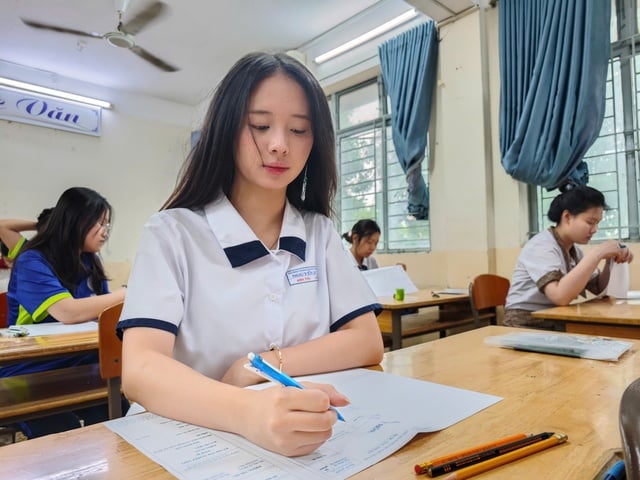
The 2025 high school graduation exam will be implemented for the first time under the new curriculum, resulting in significant changes to the exam questions.
PHOTO: DAO NGOC THACH
While in Vietnam there is still debate about whether exam questions should be based on textbooks to ensure exam safety, in many developed countries such as the UK, the US, France, Japan, South Korea, and Singapore, "not adhering strictly to textbooks" has long been a mandatory principle.
The 2025 high school graduation exam shows some noticeable changes. Materials outside of textbooks, practical situational questions, requirements for students to read and understand data, tables, or apply knowledge… are beginning to appear in the exam subjects.
Many people argue that textbooks are the foundation, so why shouldn't exam questions be based on them? However, setting exam questions without relying on textbooks doesn't mean rejecting them entirely. The key is that exam questions need to adhere to the curriculum, assess competence, and not be dependent on any specific text, sequence, or question type in the textbook.
Strictly adhering to textbooks gives exam setters a sense of security, but it greatly disadvantages students. The consequences include rote learning, memorization, and teaching based on model essays. Teachers teach strictly according to textbooks and mechanically prepare students for exams. High-achieving students are treated the same as average students if the exam only tests knowledge. The entire system is caught in a cycle of "exam preparation - rote learning - passing the exam."
Without changing the way exam questions are formulated, all efforts to innovate the curriculum, teaching methods, testing, and assessment will be meaningless. We cannot talk about competency-based education if exams still test knowledge and skills as in previous years.
However, to avoid stopping at cautious steps like the 2025 exam, the education sector needs a specific and consistent reform roadmap. First and foremost, the exam guidelines, structure, and assessment criteria need to be made public early on so that teachers and students can confidently shift towards competency-based teaching and learning.

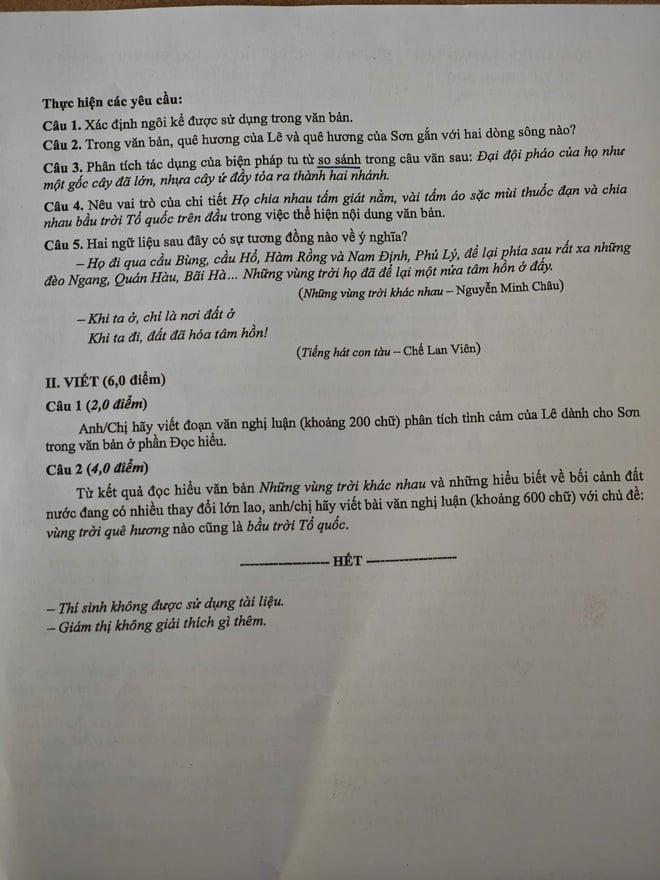
For the first time in this year's high school graduation exam, the exam questions for the Literature subject are not taken from textbooks.
Photo: TN
Adequate investment is needed in the team responsible for designing exam questions. This cannot be entrusted to a few individuals; it requires the participation of education experts, researchers, and experienced teachers. Exam questions must be designed, peer-reviewed, tested, and rigorously validated as a responsible educational product.
Teachers need proper training; parents and students also need to be fully informed. If we only change the exam questions without changing the teaching and learning methods, then the reform will lead nowhere.
In particular, there needs to be synchronization between teaching, testing, and examinations. Open-ended exams are impossible if students spend the whole year just memorizing and practicing sample questions. From in-class tests to final exams, everything must aim to assess genuine competence.
Source: https://thanhnien.vn/de-thi-khong-bam-sgk-de-doi-moi-dat-hieu-qua-185250702195351882.htm




![[Photo] General Secretary To Lam working with the Central Inspection Committee](https://vphoto.vietnam.vn/thumb/1200x675/vietnam/resource/IMAGE/2026/03/05/1772718314670_a1-bnd-8682-5192-jpg.webp)
![[Photo] Prime Minister Pham Minh Chinh receives the Minister of Emergency Situations of the Russian Federation.](https://vphoto.vietnam.vn/thumb/1200x675/vietnam/resource/IMAGE/2026/03/05/1772712011395_ndo_br_thiet-ke-chua-co-ten-76-png.webp)











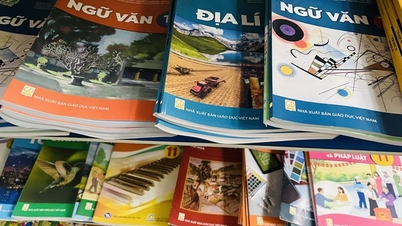




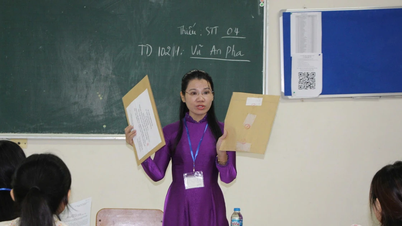





















































































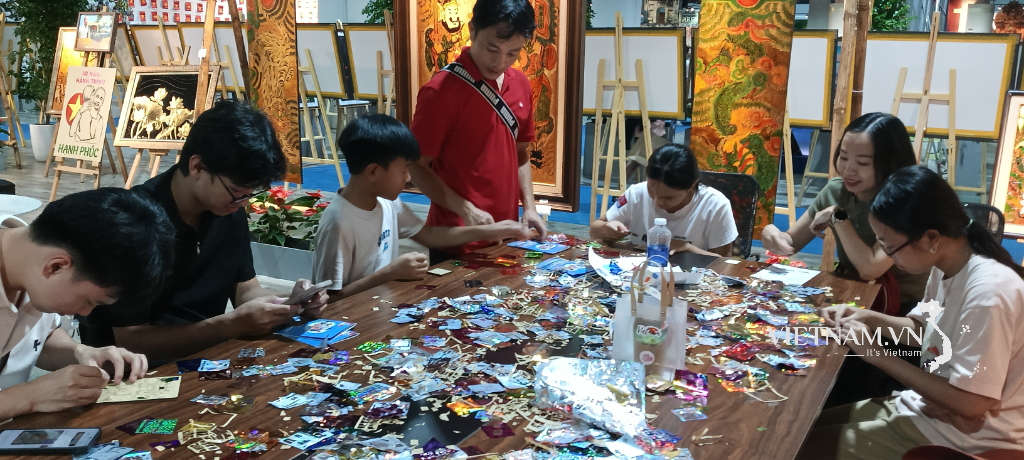


Comment (0)